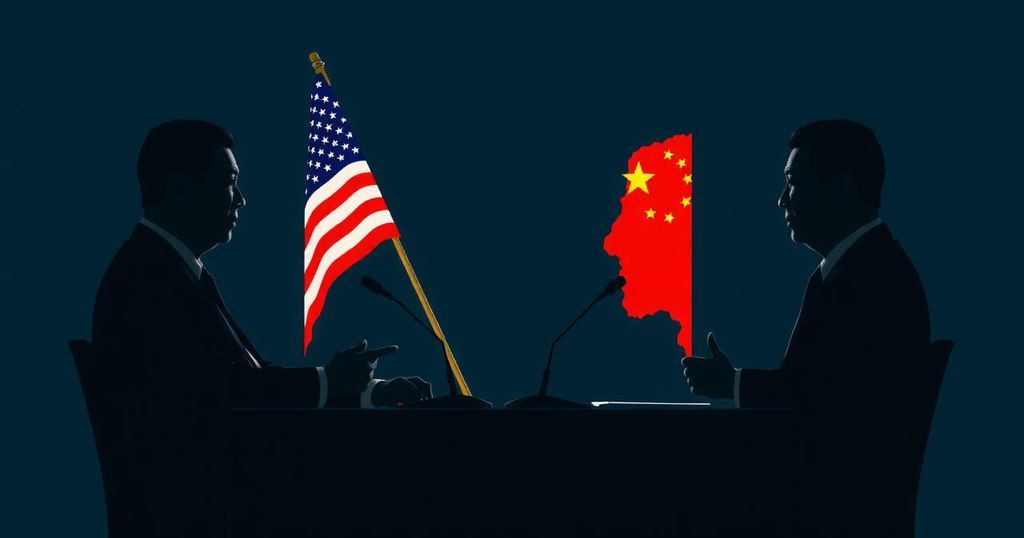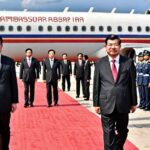Key Agenda Items for Upcoming US-China Discussions: Focus on Taiwan, South China Sea, and Global Security Concerns
The upcoming talks between US National Security Adviser Jake Sullivan and Chinese Foreign Minister Wang Yi in Beijing are set to cover a range of critical issues, including Taiwan, the South China Sea, bilateral trade tariffs, drug trafficking, and advancements in artificial intelligence security. This three-day meeting, commencing on a Tuesday, marks the fifth engagement between these two prominent officials, and represents the first visit by a US national security adviser to China since 2016.
John Kirby, spokesman for the National Security Council, noted that this visit had been anticipated since discussions between the two heads of state last November. He emphasized the extensive planning that has gone into executing this meeting in Beijing.
In addition to addressing the contentious issue of Taiwan, Sullivan is expected to voice US concerns regarding China’s military support for Russia and to discuss stability in the Indo-Pacific region, alongside other global hotspots, including North Korea, the Middle East, and Myanmar. The significance of this dialogue is underscored by statements from China’s Foreign Ministry, which considers Sullivan’s visit a vital step in implementing the agreements reached at the summit between the two presidents in San Francisco. However, it has also been made clear that Minister Wang will express Beijing’s serious reservations about US policies regarding Taiwan, urging adherence to the one-China principle and insisting on respect for the agreements outlined in the three joint communiques between the United States and China.
Furthermore, Kirby mentioned that topics such as the increasing tensions in the South China Sea will be brought to the forefront of the discussions. This matter is particularly pressing as the Philippines has raised concerns regarding what it views as aggressive and unlawful actions by Chinese aircraft towards their patrol missions in contested territories, such as Scarborough Shoal and Subi Reef. The Chinese government has responded to these claims, affirming its territorial sovereignty and asserting that regional nations possess both the ability and wisdom to manage territorial disputes without external provocation.
In conclusion, the forthcoming discussions between Sullivan and Wang Yi encompass not only critical bilateral matters but also broader geopolitical concerns that impact regional stability and security. The outcomes of this meeting may significantly influence US-China relations and set the stage for future diplomatic exchanges on these pressing issues.








Post Comment